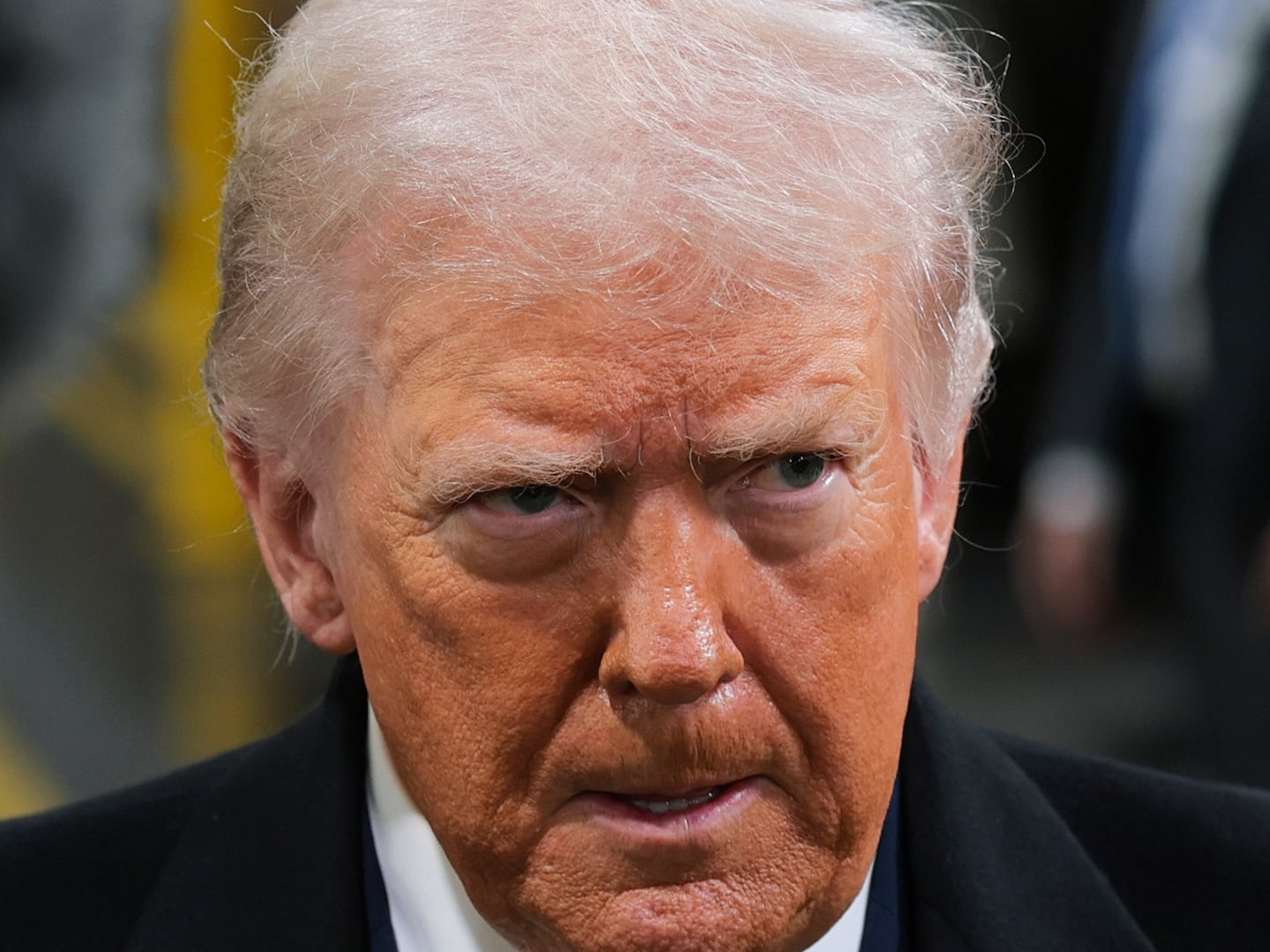In case any of this weekend’s games in the first couple of rounds of the NCAA Tournament turn to blowouts before you’d expected it, or if Brigham Young and Gonzaga don’t quite capture your imagination, March Madness is also the perfect time to catch up on the canon of college basketball.
These five must-reads won’t give you any tips on how to win your office pool—if any book really had the answer, you’d already know about it—but they will remind you that college basketball does not demand howling punditry. Here are five of the game’s greatest stories, without the slightest hint of black-and-white slow motion or Dick Vitale.
Princeton qualified for the NCAA Tournament this March for the first time since 2004, though they didn’t stick around long. But even if they hadn’t made the tournament at all, John McPhee’s masterpiece about Princeton’s greatest player, Bill Bradley, should top any list of college basketball must-reads.
A Sense of Where You Are By John McPhee

A Sense of Where You Are, McPhee’s first book, is a sublimely crafted 144-page profile of Bradley during his college days. It paints a picture of a student-athlete devoting his time to practice and his studies with monastic discipline, long before his career with the Knicks or in the U.S. Senate. Throughout the book, Bradley speaks with intelligence about life and basketball to balance out McPhee’s own impressionistic analysis. But above all, McPhee is constantly struck by the purity in Bradley’s approach. “He did all kinds of things he didn’t have to do,” McPhee writes, “simply because those were the dimensions of the game.”
A Season on the Brink By John Feinstein

To understand how easily passion can turn to madness in college basketball, you have to understand Bobby Knight. Or at least try to, the way John Feinstein did for one head-spinning season in Bloomington, Ind. Granted total access to the University of Indiana’s men’s basketball program for the entirety of the 1985-1986 campaign, Feinstein details every twist of Knight’s attempt to salvage a winning record.
And it becomes immediately apparent why his players regarded him with both fear and admiration. Any loss, Feinstein writes, “leaves him angry, frustrated, and unable — or at least unwilling — to deal with the world on civil terms for hours, perhaps days, sometimes weeks, depending on the dimensions of the defeat.” Knight’s incomparable drive, after all, did make him one of the most successful coaches in college basketball history. But it also made him the man who once flung a chair across a court when he didn’t like a call.
Heaven Is a Playground By Rick Telander

While this is not, strictly speaking, a book about college basketball, it does shine a light on a world where college basketball is viewed as the rarest of privileges. In the concrete playgrounds of Brooklyn’s Bedford-Stuyvesant, a scholarship to play college ball and earn a degree is a rare dream that only a handful will ever achieve.
Early in his legendary career, Rick Telander spent the summer of 1974 exploring, playing, and eventually coaching on the courts of Bed-Stuy. What he found was extraordinary talent, topped off with all the showboating and trash talk that streetball is famous for. The courts, occupied at all hours of the day, are at the center of the young men’s social lives. And while they play, they are constantly on the radar of one local hustler-turned-promoter, who handpicks those who might have a chance to leave.
The Wizard of Odds By Charley Rosen

With college basketball producing more recruiting infractions, shady agents, and questionable sponsorship deals by the season, no one is under the illusion that the game is squeaky-clean. But Jack Molinas makes college basketball today look like it is run by nuns.
A former standout player at Columbia and then an NBA All-Star with the Fort Wayne Pistons, Molinas was the greatest fixer of games in the sport’s history. Between 1957 and 1961. His tentacles reached 27 collegiate programs, including St. John’s and the University of Alabama. During that time, he rigged the outcomes of at least 43 games and led to the arrests of 37 players. Based on first-person accounts including Molinas’s diary, Charley Rosen recounts exactly how he pulled it off, his involvement with the Mafia, and the strange circumstances that led to Molinas’s murder.
The Fab Five: Basketball, Trash Talk, the American Dream By Mitch Albom

In 1991, the University of Michigan recruited one of the most promising classes of freshmen in college basketball history—Chris Webber, Jalen Rose, Juwan Howard, Jimmy King, and Ray Jackson. They were loud, brash, and supremely gifted. Everything they did immediately found its way into pop culture, from their stream of trash talk to their taste for black athletic socks and black sneakers. But even though they reached the 1992 and 1993 NCAA Championship games, they never took home the title. Told with humor and verve by Mitch Albom, it shows how quickly college basketball can thrust five teenagers with a tendency to talk into the national spotlight.
Plus: Check out Book Beast, for more news on hot titles and authors and excerpts from the latest books.
Joshua Robinson is a freelance writer based in Manhattan. His work has appeared in the New York Times, the Wall Street Journal, the Washington Post, and Sports Illustrated.






